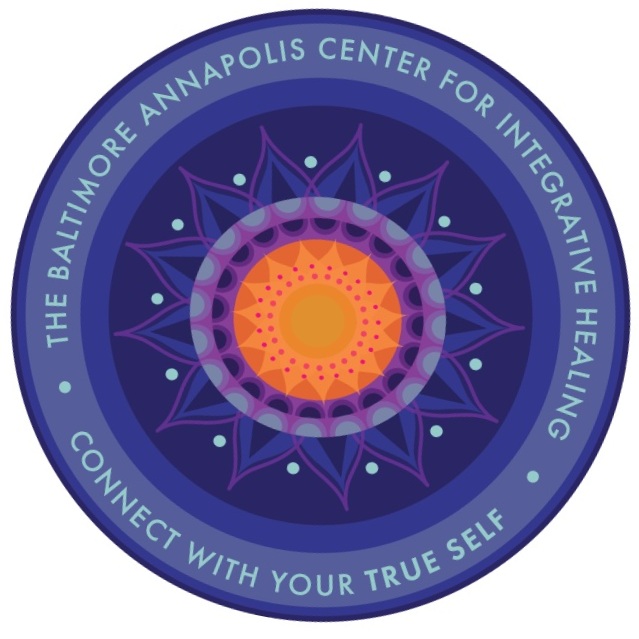Welcome! My guest for Episode 25 of Therapy Chat is Dr. Jonice Webb, a clinical psychologist and blogger for Psych Central. She’s the author of the book, Running on Empty: Overcome Your Childhood Emotional Neglect. We’ll delve into this topic and its impact in our society today. Listen to Episode 25 by clicking here or on the image at right.
What you’ll hear in this episode:
The definition of Childhood Emotional Neglect: a parent’s failure to respond enough to the child’s emotional needs
This is different from physical neglect and abuse.
In her private practice, Dr. Webb kept seeing clients with the same patterns.
She has identified 12 different types of parenting styles that lead to Childhood Emotional Neglect.
Children who experience may grow into parents with the same communication patternsif CEN isn't identified and addressed.
Dr. Webb has developed a questionnaire, designed for adults, to determine if you’ve been affected by this CEN.
Her book gives case examples of parent-child dynamics leading to CEN.
She explains how to overcome CEN.
Dr. Webb wants to put together CEU trainings for therapists who want to work with this specialty, but first, she wants to complete a research project to compile results.
She has a special offer for therapists working with clients who struggle due to Childhood Emotional Neglect. Listen in to hear it!
Contact Dr. Webb at www.emotionalneglect.com or email her at jwebbphd@rcn.com. Sign up for her newsletter on her website and check out her blog at Psych Central!
It was great hearing Dr. Webb share her knowledge about Childhood Emotional Neglect! If you liked this episode, please visit iTunes to download episodes, rate and review! You can also listen on Stitcher and Google Play (available now in some areas). And for more of what I'm doing, please sign up for my newsletter, and follow me Twitter, Facebook, Pinterest, Instagram & Google+. If you're a trauma therapist you may be interested in my new Trauma Therapist Community, forming now. Click here for the info. I look forward to connecting!
Wholeheartedly,
Laura Reagan, LCSW-C







